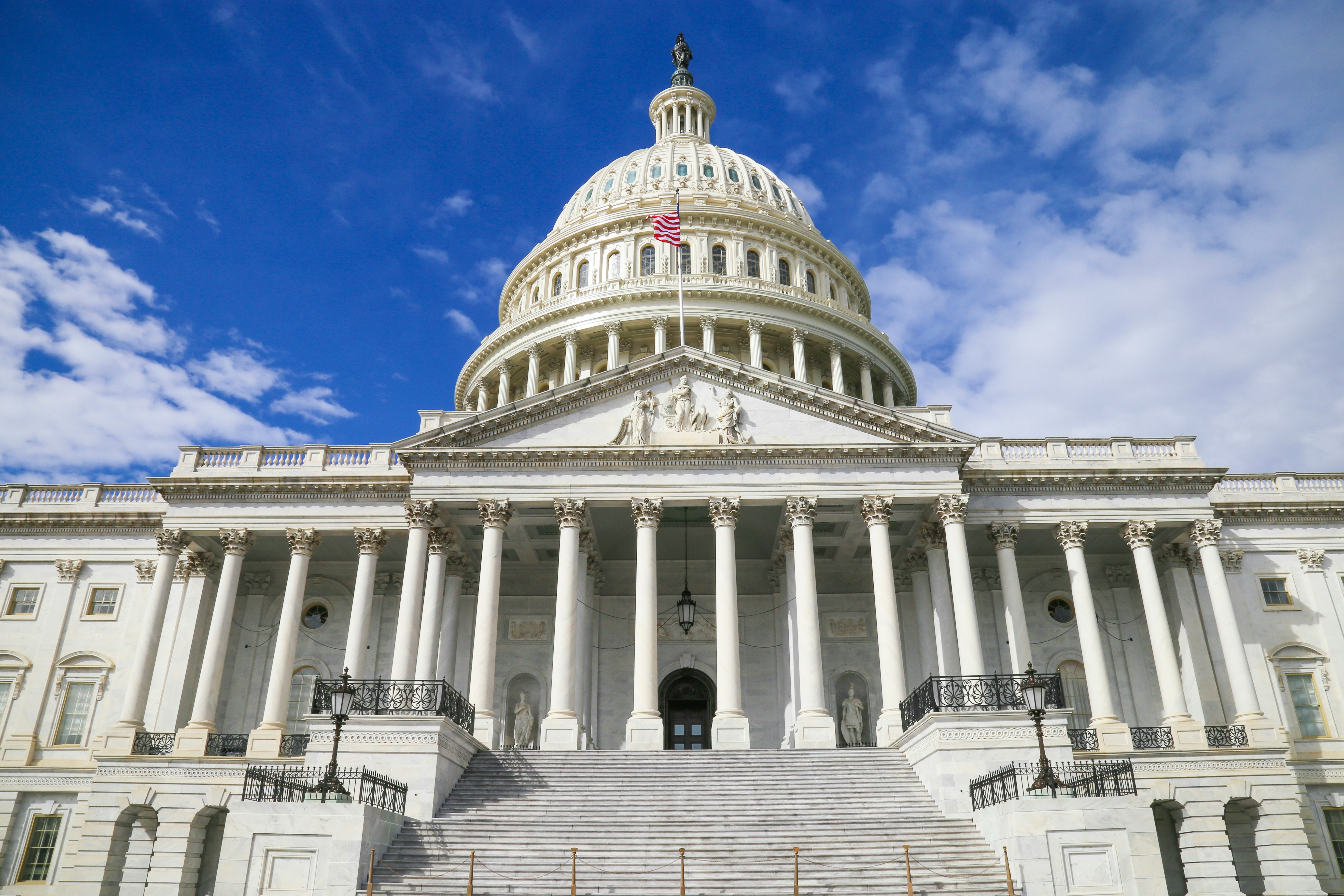If you're curious about Community Solar but hesitant to sign up because you’re nervous about the impact on your electricity service, you aren’t alone — we get this question a lot here at Altus Power.
But here's the good news: Community Solar has no impact on your household electricity service.
This is because Community Solar does not replace your existing energy supplier. The clean energy generated by our Community Solar farms goes into your local electricity grid — not your individual residence or business. Your utility company will continue sending electricity to your home as they always have — day and night, rain or shine. Your lights and household appliances will continue to operate exactly as they did before you joined Community Solar.
The only difference you’ll see as a Community Solar subscriber is the presence of solar credits on your monthly utility bill, which reduces the amount you pay for your electricity. That said, you may experience normal fluctuations in solar credits throughout the year. This is because solar production can be impacted by the weather. These fluctuations often follow a seasonal pattern, as our panels tend to produce more clean energy during the summer months when there’s more daylight hours.
But don’t worry — photovoltaic technology can convert sunlight into electricity during all hours and all-weather conditions — and even at night. So if you’re subscribed to a Community Solar project, you’ll receive solar credits all year-round.
“The panel is always working,” James Fenton, director of the Florida Solar Energy Center, a research institute of the University of Central Florida, explained to CNET. “The question is how much electricity comes out of it based on the amount of light. You will get close to zero electricity at night, but if there is a little bit of ambient light, sometimes even the reflected moonlight can do it.” And solar panels also work under overcast skies. “Even on a very cloudy or rainy day, you’ll get some electricity,” Fenton said. (Plus, CNET reports, rain can actually help a solar panel by washing away any dirt that has accumulated on the panel’s surface.)
Plus, solar technology also relies on energy storage to save up electricity to use during hours of little or no sunlight, and Altus Power originates, develops, owns, and operates a network of solar generation, energy storage, and charging infrastructure across the United States.
Now, as with other energy sources, solar energy can be impacted by severe weather and natural disasters, like hurricanes, tornados, blizzards, and wildfires. Hailstorms can be especially damaging, too, though the Department of Energy’s Federal Energy Management Program (FEMP) reports that photovoltaic modules survive most hailstorms. Plus, FEMP adds, solar operators can use “hail stow” mode to adjust the angle of solar panels to reduce damage during hailstorms.
On the flip side, the Department of Energy’s Office of Energy Efficiency & Renewable Energy (EERE) reports solar power also makes communities more resilient against natural disasters, thanks to two key attributes — one, solar energy is distributed instead of centralized, and two, solar energy can be discharged without the need for fuel deliveries. “In a long [power] outage, solar and its associated energy storage can continue delivering power, even at night, to homes and businesses,” the EERE adds.
In these ways, Community Solar and solar in general can help keep the lights on, day and night, rain or shine — and even when the weather gets extreme. If you’d like to sign up for or learn more about Community Solar, head to join.altuspower.com.
Interested in getting started with Community Solar?
Reduce your electricity costs and help your community go green with Community Solar.



.png)
.png)
